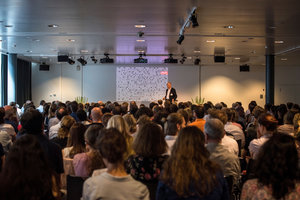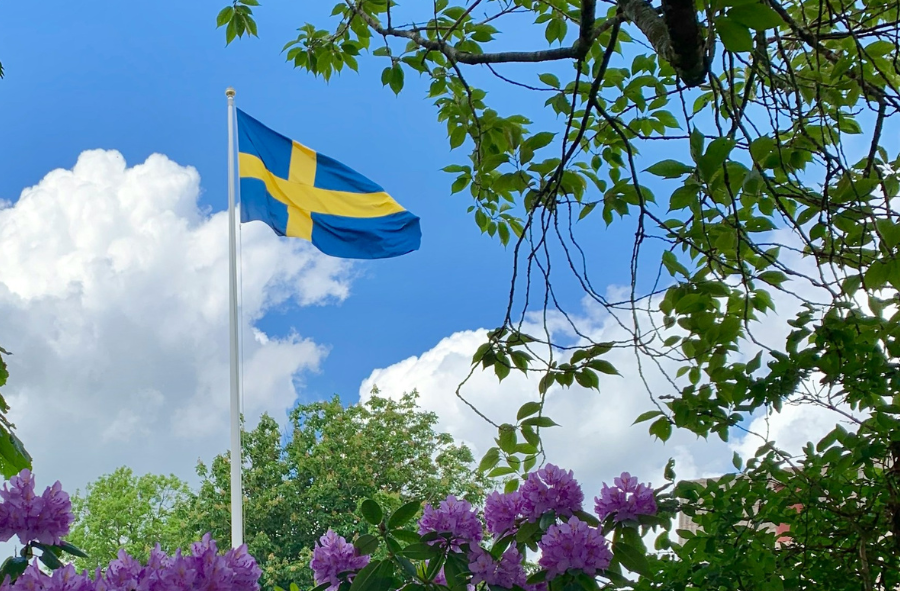
IFC 2018 to focus on importance of collaborative approach
September 19, 2018
Swissfundraising launches special interest working groups
September 19, 2018Charities in Finland are looking to invest in additional income streams as government funding becomes harder to access, research has found.
Marketing research company Taloustutkimus interviewed 122 non-profit organisations in May 2018 about their public and private funding. The study indicates that public grants are still essential to many, but that the growing complexity of seeking and applying for funding means that fundraising is becoming increasingly important.
While nine in ten organisations had received government funding in the past year, the survey found that the large majority (70%) had experienced difficulties with the application or reporting process, up from one third in 2014. Challenges concerning administration and regulation have tripled in the past four years. The biggest barrier by far, reported by two thirds of organisations, was the complexity of the application process, followed by timing issues, and application rejections (both 21%).
The research also shows that the targets for alternative funding sources reported by organisations have more than doubled since 2014, with NGOs anticipating continued growth in the future. Membership fees, single donations, and events and product sales provided the most income for the respondents in the past year, followed by government grants, and corporate partnerships. Charities said that – over the next 12 months – they expected to invest most in single donations, followed by corporate partnerships, membership fees, events and product sales. Next in line were private and government grants.
Approximately a third of those interviewed have received funding from outside Finland, with the European Union cited as the most important source of foreign funding.
In line with the increased focus on fundraising, the organisations involved in the research also report an increase in communication with donors and partners, with greater sharing of results. The most popular channels of communication reported were annual reports, as well as websites, with social media also playing an increasingly important role.
Pia Tornikoski, secretary general of Finnish fundraising association VaLa, said: “Communication is an asset for both funders and charitable organisations. It increases awareness of the results of their work and thus promotes trust and the valuable support of individuals.”
The research also underlines the sector’s call for less bureaucracy and greater support from government for the charity sector. This autumn, the proposed Fundraising Act – an overall of Finland’s current legislative system – will be presented to Parliament, replacing the current fixed-term public collection licences. It is hoped that such an overhaul will make it easier for charities to raise funds from the public.
Tornikoski adds: “We have been preparing the new Fundraising Act for two years and it will be introduced to Parliament in October. Thanks to the Ministry, the charity sector has been widely listened to during its preparation.”
The research was carried out on behalf of VaLa, Allianssi, KANE, Kepa, Olympiakomitea and SOSTE, by Taloustutkimus, and was previously carried out in 2014 and 2016.
Photo Credit: Finnish Government Palace, Photographer: Janne Suhonen, Copyright: Prime Minister’s Office




